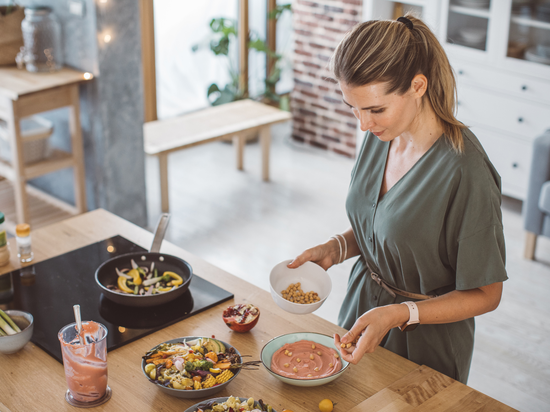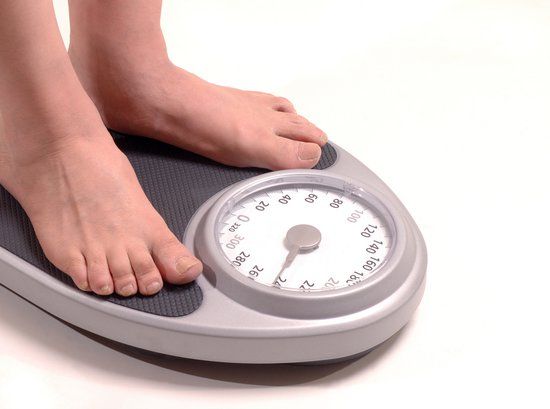Can what you eat affect the outcome of your IVF treatment? A small-scale study from the USA seems to suggest that it can.
In a preliminary study of 120 women undergoing IVF, those who ate a lot of protein and few carbohydrates had a better conception rate.
67 per cent of women who got at least a quarter of their daily calories from protein became pregnant, compared to 32 per cent of women who ate less protein. And women who consumed a lot of protein and few carbohydrates – less than 40 per cent of their daily calories – had the highest pregnancy rate of 80 per cent.
So does this mean that if you’re undergoing IVF you should make significant changes to your diet? Experts in the US are considering whether these latest results are because women who eat more protein are eating less processed foods and the ‘empty’ calories they contain.
Various other studies have shown a link between diet and lifestyle and IVF outcomes, typically relating to women with a high BMI having less success than women whose BMI is within a healthy range.
And whilst more studies now need to done using more women with differing diagnosis, dietary changes are a simple, cost-free alteration to make if you are embarking on IVF treatment.
We always advise that you make sure you are as healthy as you can be before you begin your treatment, and this could mean that you need to assess your diet and general lifestyle including lowering your alcohol consumption and quitting smoking.
Last updated: 9th May 2013





